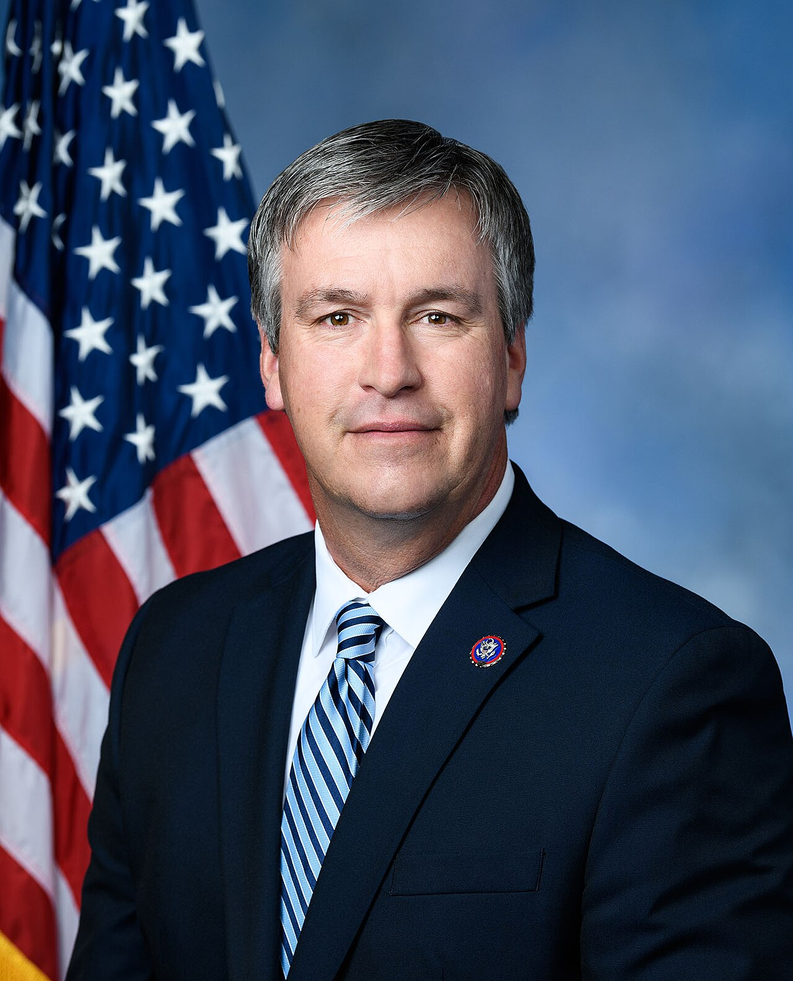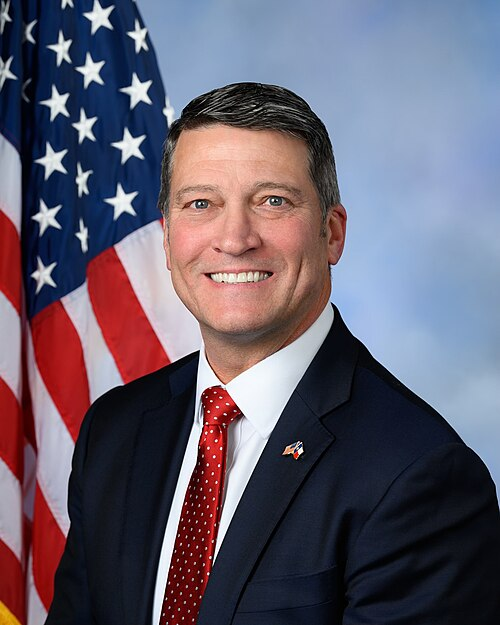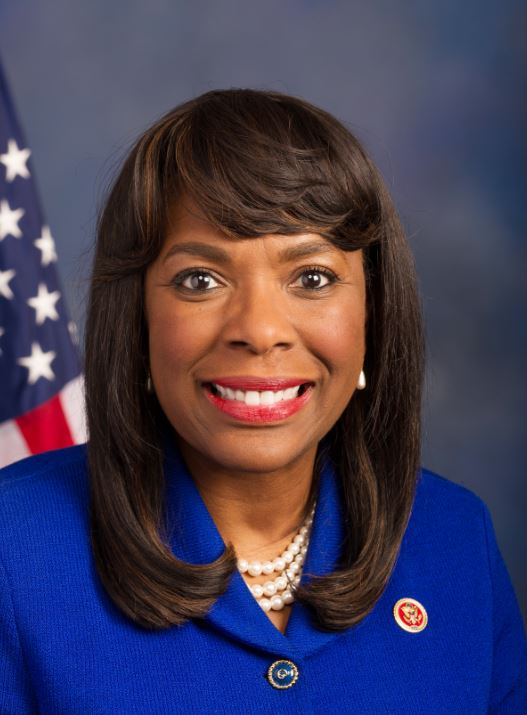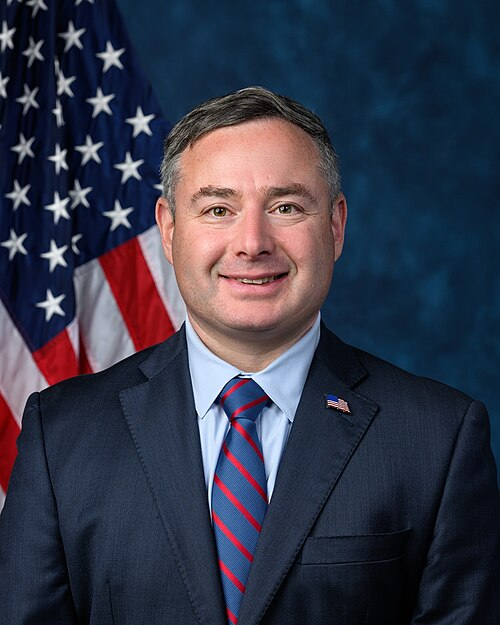H.R. 3457: To amend the Food Security Act of 1985 with respect to the feral swine eradication and control program, and for other purposes.
This bill seeks to modify the Food Security Act of 1985 specifically regarding the management of feral swine populations, which pose risks to agriculture, ecosystems, and health. Here are the main provisions of the bill:
Establishment of a Feral Swine Eradication and Control Program
The bill mandates the Secretary of Agriculture to create a program that addresses the issues caused by feral swine. The program is intended to mitigate the threats these animals pose to:
- Agriculture
- Native ecosystems
- Human and animal health
Duties of the Secretary
Under this program, the Secretary will be responsible for the following tasks:
- Assessing the extent of damage caused by feral swine in affected areas.
- Developing strategies for eradicating or controlling the feral swine population.
- Creating rehabilitation plans for the areas damaged by feral swine.
- Providing financial support to agricultural producers in affected areas.
Financial Assistance
The Secretary is authorized to offer financial assistance to farmers to help them implement methods for:
- Controlling or eliminating feral swine populations.
- Restoring damaged land due to feral swine activity.
Coordination with Other Services
The bill requires coordination between the Natural Resources Conservation Service and the Animal and Plant Health Inspection Service, working together at the state level to ensure effective implementation of the program.
Contracts with Educational Institutions
The Secretary must also enter into contracts with land-grant colleges and universities to support the program. These institutions will assist in:
- Researching new methods for controlling feral swine and restoring affected areas.
- Identifying regions most at risk from feral swine.
- Collaborating with federal and state staff on program implementation.
Cost Sharing and Funding
Funding for the program will include:
- A federal contribution that covers up to 75% of the total costs for activities under the program.
- Non-federal cost sharing, which may include in-kind contributions of materials or services.
The bill authorizes $150 million for the program from fiscal years 2026 to 2030, with specified allocations for different activities:
- 40% for the Natural Resources Conservation Service.
- 60% for the Animal and Plant Health Inspection Service.
Additionally, it limits administrative expenses to a maximum of 10% of the allocated funds.
Repeal of Previous Legislation
The bill seeks to repeal a prior section of the Agriculture Improvement Act of 2018 that is related to feral swine management.
Clerical Amendments
Lastly, the bill includes technical amendments to update the table of contents in the Agriculture Improvement Act of 2018 to remove references to the repealed section.
Relevant Companies
None found.
This is an AI-generated summary of the bill text. There may be mistakes.
Sponsors
5 bill sponsors
Actions
2 actions
| Date | Action |
|---|---|
| May. 15, 2025 | Introduced in House |
| May. 15, 2025 | Referred to the House Committee on Agriculture. |
Corporate Lobbying
0 companies lobbying
None found.
* Note that there can be significant delays in lobbying disclosures, and our data may be incomplete.
Potentially Relevant Congressional Stock Trades
No relevant congressional stock trades found.




